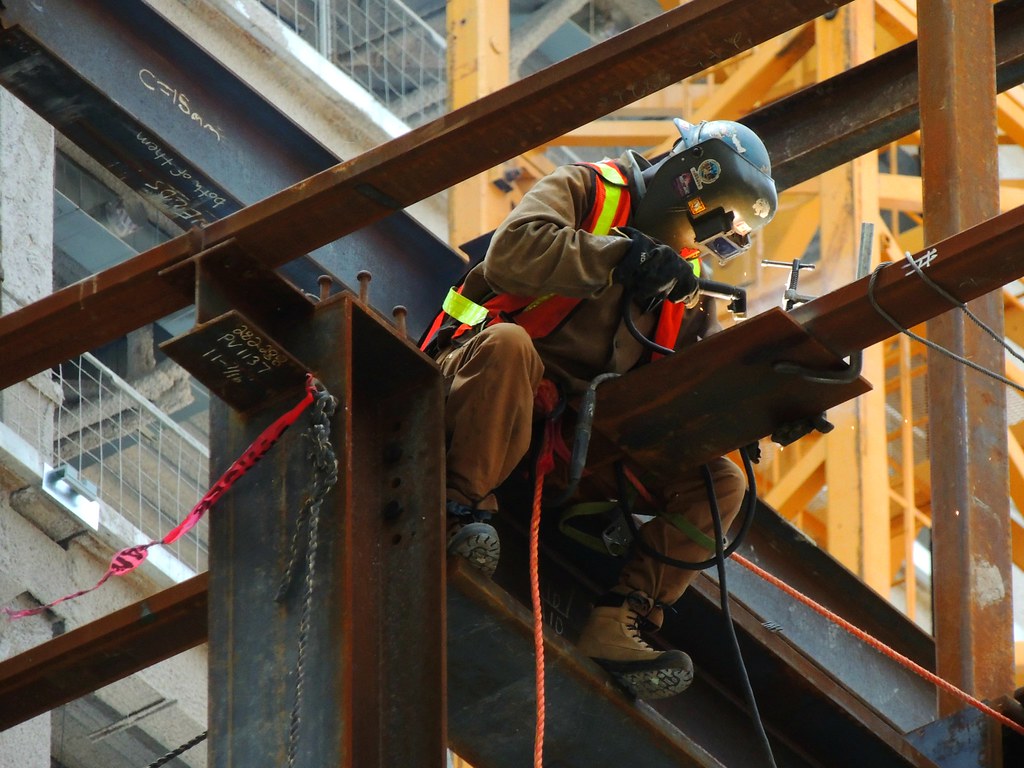For in this age of verbally managed enterprises there are not only two sorts of technics--these, by the way, diverging more and more definitely as the centuries go on--but also two kinds of men, differentiated by the fact of their talent lying in one or in the other direction. As in every process there is a technique of direction and a technique of execution, so, equally self-evidently, there are men whose nature is to command and men whose nature is to obey, subjects and objects of the political or economic process in question. This is the basic form of the human life that since the change has assumed so many and various shapes, and it is only to be eliminated along with life itself.
Spengler, Oswald; Man and Technics; University Press of the Pacific, Honolulu, HI; 2002, pgs. 62-63.
-----------------------------------------------------------------

Sign over the door of a elementary school in Minnesota. If this is a school that specializes in producing leaders, where are the corresponding followers indoctrinated?
Spengler believed in two kinds of men, born leaders and born followers. But, these individuals are, indeed, born, not manufactured. Much as various institutions would like to be able to produce leaders, the military service academies and universities, for instance, the fact is that they cannot mold followers into leaders. In their efforts to do so, unsuitable individuals are placed in positions where their efforts to lead result in failure or disaster.
In a small society, where most members have personal knowledge of most other members, the leaders are quickly sorted out. This is not the case in large, complex societies, especially those where individual merit is ultimately determined by some kind of democratic or institutional process. Additionally, Spengler fails to mention that often the executant is himself a leader and the commander might very well be a follower that has plodded down the pathway to a position of ineffective leadership.






